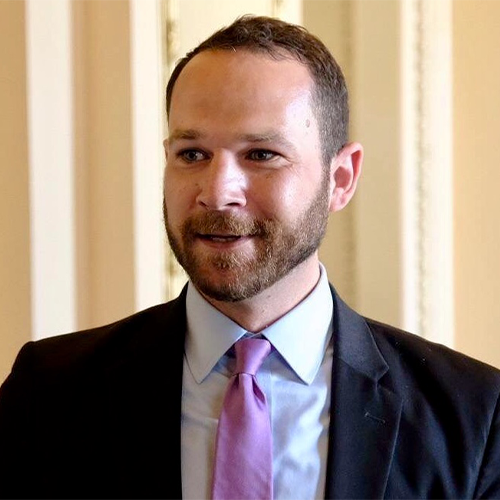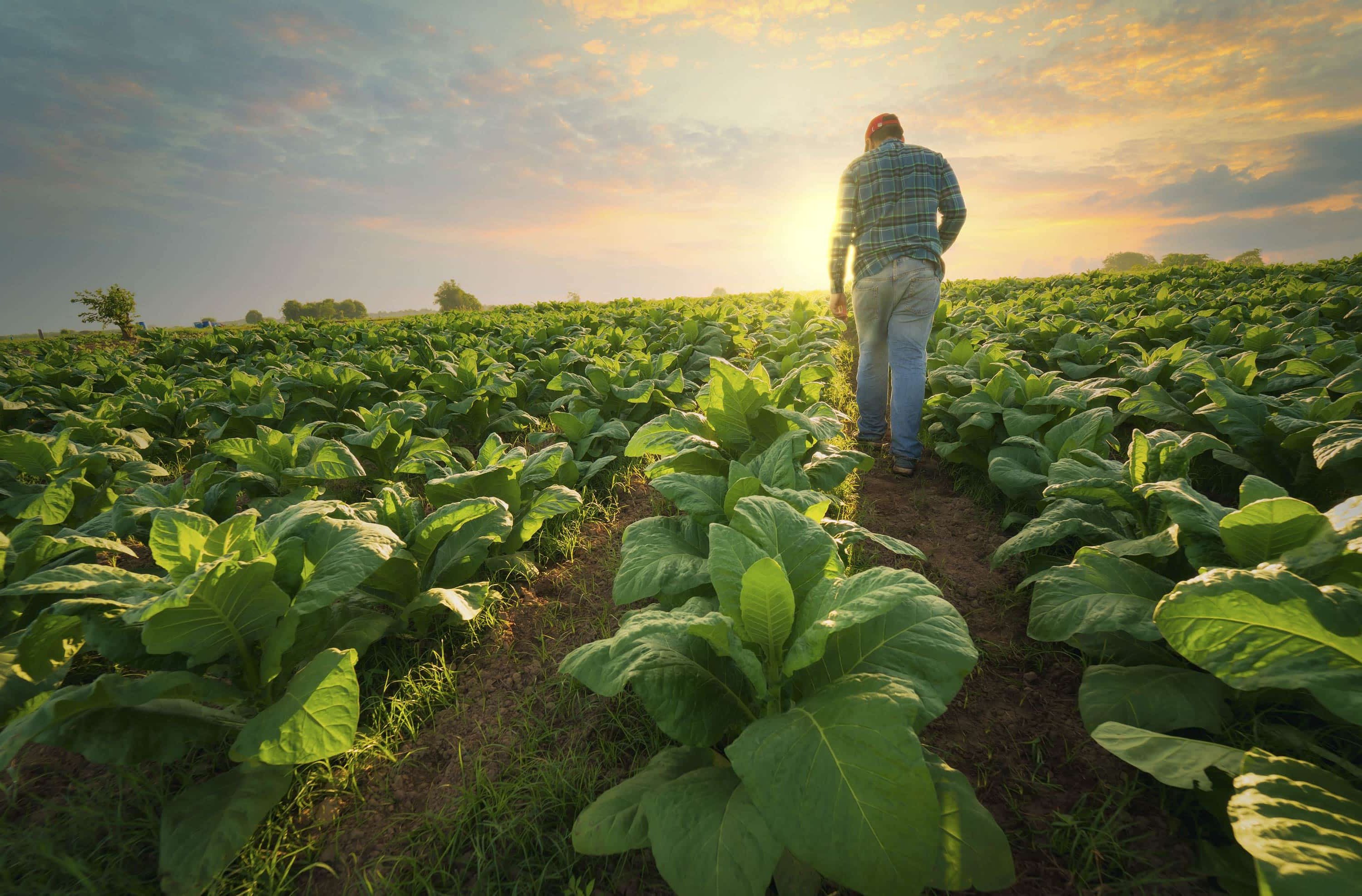Produce Industry - Action Alert!
DEMAND WAGE RELIEF NOW!
Tell Your Member of Congress to Co-Sponsor the
Supporting Farm Operations Act (HR 7046 and S. 3848)
- Congress has failed for nearly four decades to address agriculture’s labor crisis. The result is a food supply chain that relies more and more on foreign workers and foreign grown food to meet our needs. In recent years, the H-2A labor program has increasingly filled the labor needs of our producers, and as a result the program has undergone a transformation.
- Currently, all H-2A workers are paid in accordance with the Adverse Effect Wage Rate (AEWR), and over the last decade, the average AEWR has grown at twice the rate of inflation. A final rule from the Department of Labor (DOL) published on February 28 would change the AEWR methodology and require farms using H-2A workers to administer separate, higher wage rates for certain jobs.
- One meaningful measure of relief Congress can pass today without opening up our immigration system to reform is the Supporting Farm Operations Act (HR. 7046 and S. 3848) introduced by Congressman John Moolenaar (R-MI) and Senator Thom Tillis (NC). This legislation freezes the Adverse Effect Wage Rate (AEWR), the wage rate that must be paid to H-2A Visa holders and their domestic counterparts and applies a primary duties test when determining an employee’s salary.
- These reforms are critical as producers seek certainty with regards to their labor needs going forward. This concept has received bipartisan support in the past, and we need your help to build the momentum for Congress to act NOW. Send a message to Congress to support HR. 7046 and S. 3848, the Supporting Farm Operations Act.
More Regulations Will Not Solve Our Labor Crisis
Washington’s Answer to our Labor Crisis? More regulations - IFPA members worked together to develop comments on two separate Notice of Proposed Rulemakings (NPRM) from the Department of Labor (DOL) and Department of Homeland Security (DHS) pertaining to the H-2A Visa program which provides a vital source of labor for the fresh produce and floral industries.
These misguided attempts by two agencies demanded a strong response, and IFPA formed a working group made up of volunteer leaders to address every aspect of each NPRM. Both sets of comments are clear, IFPA is committed to building a workable H-2A program that is fair to employers and employees alike, but we will not allow bad policy based on a flawed theory jeopardize the future of our industry.
One other thing is clear, more regulations will not solve our labor crisis, only Congressional action can provide the certainty we need as an industry to not only survive, but flourish.
The DOL Comments were due November 14 and the DHS Comments were due November 20.
Farm Labor Stats
50-70% of U.S. agriculture labor is unauthorized
H-2A represents less than 10% of the hired agriculture labor force
2.5M people work in ag, plus 18+M more in the supply chain
Farm labor shortages mean higher food prices and $3B in missed GDP growth
Farm Worker Legislation Overview
For years, the fresh produce industry and our agriculture sector partners have made an overwhelming case for legislation to reform our broken immigration system and help build a legal and reliable workforce, especially now that the USDA expects the U.S. to import more food than it exports starting this year.

Last year, Congress made considerable progress toward addressing farm worker issues by passing the Farm Workforce Modernization Act (H.R. 1603) and introducing the Affordable and Secure Food Act (S.5282). Even though these bills fell short, the 118th Congress will see Congress pursuing similar legislative solutions.
Labor challenges exist elsewhere in the supply chain, too, with the need for additional truck drivers, railroad workers, and more to avert another crisis, like the 2022 union strikes.
Workforce Reform in 2023
Key conversations have restarted in the 118th Congress to ensure the country has labor on the farm and in the supply chain while broad immigration reform efforts remain a priority for both parties. IFPA continues to act to keep this in focus through the following actions:
Legislation
Legislative action is at the heart of our efforts to change policies to improve the conditions impacting our supply chain. See how IFPA is taking on our workforce challenges:
- Workforce: Issues Brief
- Farm Workforce Modernization Act (H.R. 4319): IFPA Supports this bipartisan bill that would make comprehensive changes to our agricultural labor system. This is the same legislation that passed the House of Representatives in the previous Congress.
- HIRE Act (H.R. 4708): IFPA Supports this bipartisan bill that would extend the wildly successful COVID-era waiver for in-person interviews for returning workers in the H-2A program
- Congressional Review Act Resolutions for AEWR Disaggregation Rule (H.J Res. 59 and S.J. Res. 25): IFPA supports House and Senate resolutions disapproving of the Department of Labor’s H-2A AEWR regulation released on February 28, 2023.
- Farm Operations Support Act (S.874): IFPA supports bipartisan Senate Legislation that would revert the AEWR to the December 2022 rate for the remainder of 2023.
Coalitions
As part of our immigration advocacy efforts, IFPA works with various coalitions to advance our immigration priorities. Learn more by visiting the coalition websites:
Letters
Key to our efforts is making sure members of Congress and the Administration hear directly from IFPA and our members about the importance of immigration reform. View the letters IFPA has organized or joined:
- Dec. 6, 2022: Letter to Senate Leadership Urging Passage of Agriculture Labor Reform Bill
- Aug. 2, 2022: Letter to Senate Leadership on Agricultural Support for Immigration Reform
- May 12, 2022: Letter to Senate Judiciary Subcommittee on the Mark-Up of 11 Key Immigration Bills
- June 8, 2021: Letter to Senate Leadership on Agricultural Support for Immigration Reform
Federal Websites
There are many federal agencies involved in the employment of foreign workers in the fresh produce industry. This is particularly true for users of the H-2A and H-2B visa programs where multiple agencies work together to manage the programs. Learn more about relevant agencies that play a role in the development, implementation and oversight of regulations impacting our members in this space:

